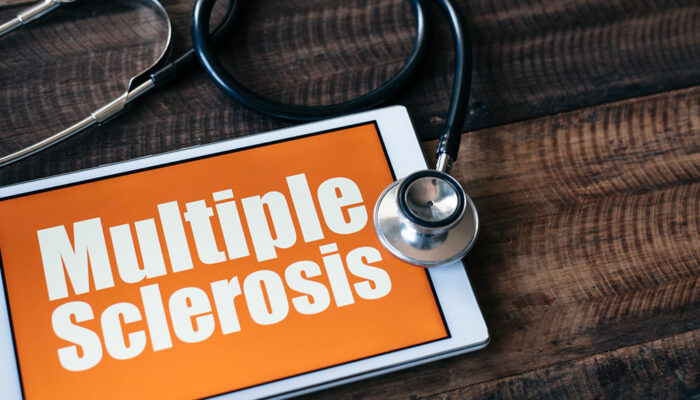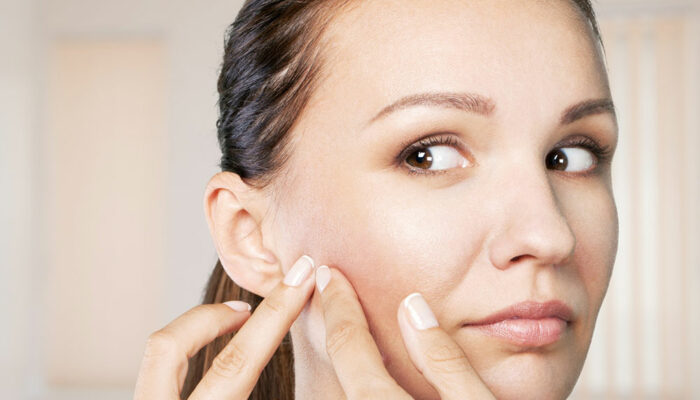
Essential foods that help with seizure management
The primary point of difference between a seizure and epilepsy is the frequency of episodes. If a person has a seizure attack, it may be a singular occurrence. However, when someone has epilepsy, the chances of multiple and frequent seizures are significantly higher. Depending on the type, severity of the condition/attacks, and frequency, treatments may include medications like XCOPRI®, therapies, and the following recommendations for eating habits. Carbohydrate-rich foods Healthy carbs are recommended as part of the Modified Atkins food regimen. It has fewer restrictions and features various vegetables, fruits, legumes, and whole grains to manage one’s seizure outlook better. Popular choices include potatoes, sweet potatoes, corn, peas, and winter squash, among fresh fruits and vegetables. Split peas, chickpeas, lentils, kidney beans, black beans, and white beans are better legume choices. Additionally, whole grains like quinoa, oatmeal, brown rice, pasta, and even bread can meet the carbohydrate requirements. Protein-rich foods Protein is one of the most crucial building blocks necessary for overall growth. Protein sourced naturally from foods is rich in amino acids that help repair and maintain muscle tissue. It is also essential for boosting immunity. Primary sources of this macronutrient include lean meats, like turkey or chicken, eggs, and dairy products, including milk, yogurt, cottage cheese.
Read More 















